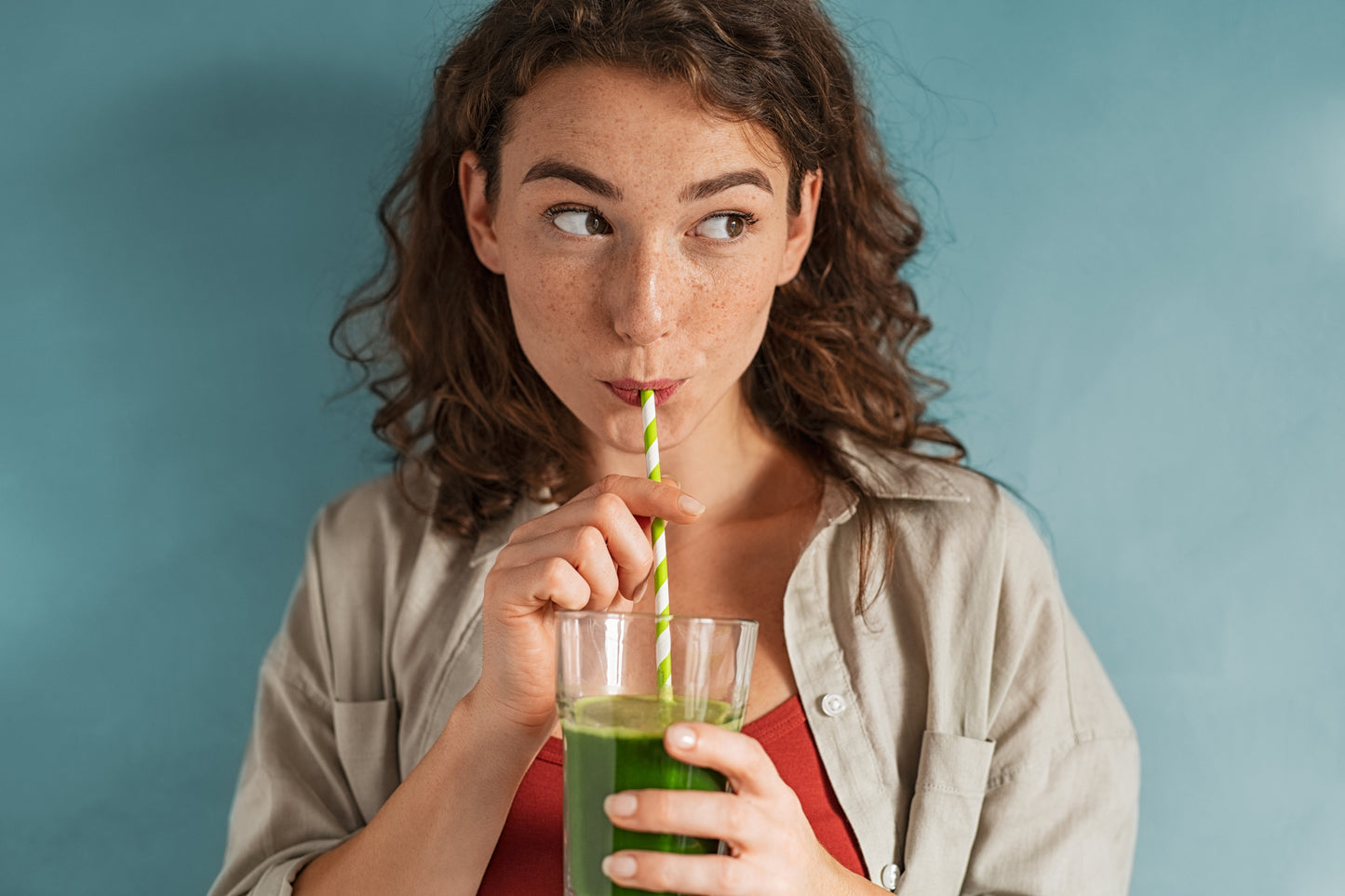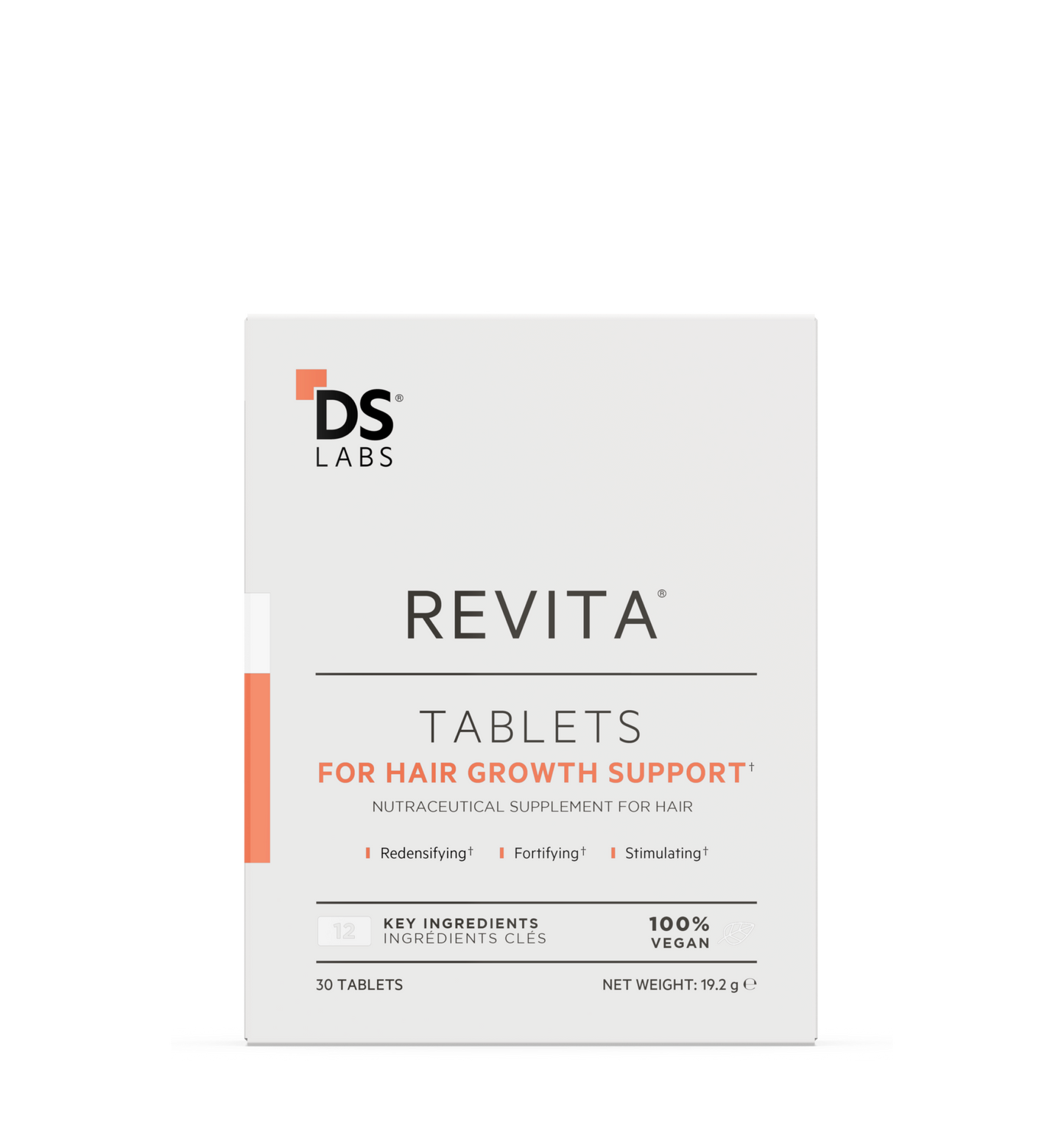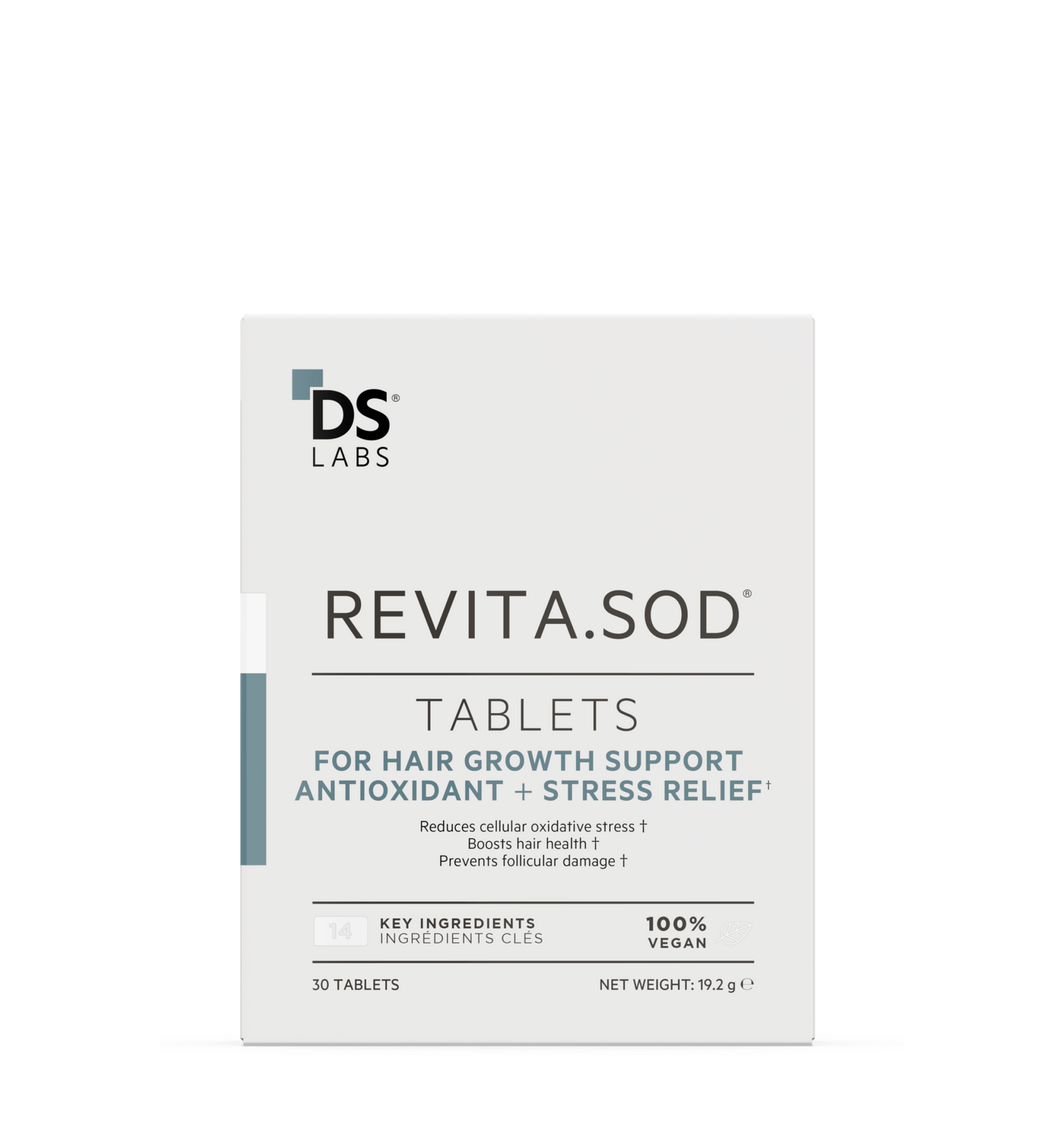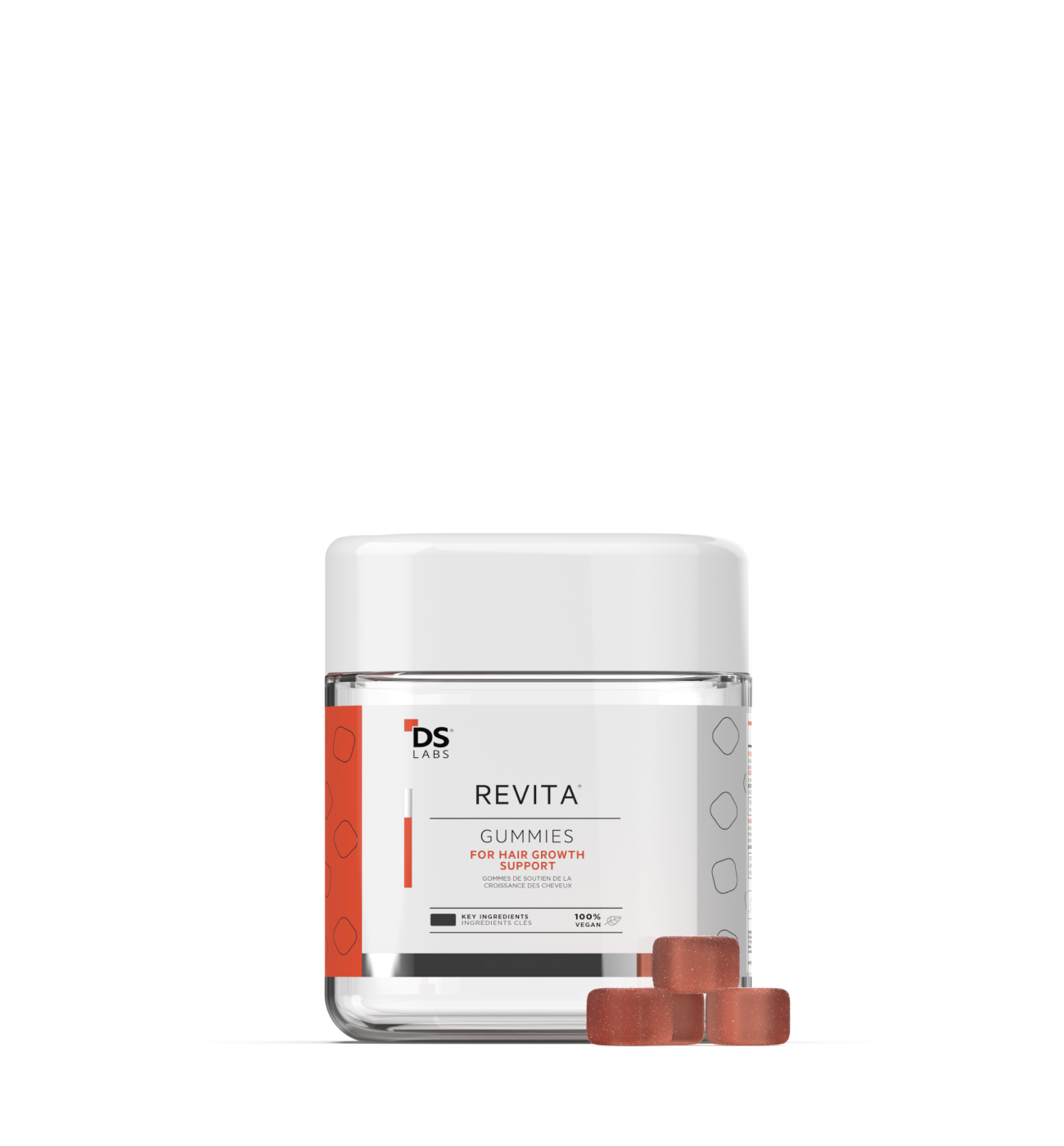Zinc is an essential nutrient that is vital for healthy body functioning. We say it is “essential” because the body cannot make it on its own. What is more, the body does not generally store zinc either, so we must get it through our diet each day. Over 300 enzymes in the body rely on this mineral to catalyze specific biochemical processes, which help regulate everything from your immune system to your hair. Here, we share some of the best foods high in zinc for hair growth and support.
Foods High in Zinc
Surprisingly, zinc is found in a wide array of foods, making it relatively easy to meet your daily zinc requirements. Whereas other micro and macronutrients may be more limited in their food types and groups, zinc is in foods ranging from eggs to dark chocolate. Here are the foods with the highest amount of zinc per serving:
Meat
Red meat, in particular, contains high amounts of zinc. However, you can also find zinc in other meat sources, including pork. There are some indications that a high intake of red meat can have negative health consequences (such as on your cardiovascular health), so opt for unprocessed meats whenever you can and be sure to keep your diet varied with plenty of fruits and vegetables.
Eggs
While they do not necessarily contain as much zinc as other foods listed here, eggs do contain many micronutrients and proteins, which are important for hair and whole body health. One micronutrient that is particularly important in eggs is choline, which regulates metabolism, enhances neurotransmitter communication, and supports muscle health. And yes, your hair will benefit from this micronutrient as well.
Shellfish
Oysters, crabs, shrimp, and other shelled ocean dwellers are rich sources of zinc that are generally low-calorie. Among all of the shellfish, oysters contain the highest amount of zinc. While they can be a great source of nutrients, shellfish may not be a safe choice for certain individuals, including pregnant women and those who may be allergic.
Nuts and seeds
Easy to snack on and sneak into things like salad, yogurt, and smoothies, nuts and seeds are also an easy source of zinc. Hemp seeds, pumpkin seeds, chia seeds, flax seeds, pine nuts, cashews, and pecans are all excellent items to have on hand and incorporate into your diet in some way each day. Not to mention, they are rich in other nutrients as well, including healthy fiber, fiber, and other vitamins and minerals.
Milk and cheese
Dairy products are another source of zinc. These products are said to have a high bioavailability of zinc, meaning that your body can easily absorb the nutrients in these foods. Along with zinc, dairy products have a host of other nutrients, including calcium and vitamin D. Sometimes, these nutrients are fortified, meaning they are added to the food to enrich it with nutritional properties.
Whole grains
Certain whole grains like oats, wheat, and quinoa contain good quantities of zinc. However, the percentage of zinc can decrease tremendously when these grains become overprocessed. With that said, some whole grains can be fortified like dairy, so if you want to boost your zinc intake, be sure to consult that food label to note the amount of zinc in each serving.
One thing to keep in mind is whole grains contain phytates, which have two major effects: first, they can act like antioxidants, which is a good thing because it rounds up free radicals in the body. Secondly, phytates act to protect plants. While this is good for the plant, it can inhibit our ability to digest all of the beneficial nutrients, so you may not be able to digest all of the zinc from the whole grains on your plate.
Legumes
Chickpeas, beans, and lentils contain high amounts of zinc as well. However, like whole grains, they too contain phytates which can inhibit our absorption of key minerals like zinc, iron, and manganese. Aside from this potential setback, they are still a good source of minerals, as well as protein and fiber, both of which are essential for a well-balanced, healthy diet.
Potatoes
While they are not the richest source of zinc, regular potatoes, and to a lesser extent, sweet potatoes, contain some zinc that can support your daily requirements.
Mushrooms
Like potatoes, mushrooms will not necessarily be the golden ticket to meeting your daily recommended zinc intake, but they will certainly help you get there. Mushrooms also contain a host of other potential health benefits, including acting as an anti-inflammatory and antioxidant.
Dark Chocolate
Perhaps the most exciting revelation in this piece is that dark chocolate contains some zinc. A 100-gram bar of dark chocolate can get you almost halfway to your daily zinc intake. But it also comes with a high amount of sugar and calories. While this may be a pleasurable way to get your daily zinc, which also contains other benefits like antioxidants, it is probably not your best bet to eat that much every day.
How much zinc do I need daily for hair growth?
At minimum, most adult women need to get at least 8 mg of zinc daily, and most men require 11 mg daily. By meeting the daily zinc requirements, most people should be able to support healthy body processes, including healthy hair growth. However, this amount may need to increase in pregnant or breastfeeding women and individuals who may have nutrient absorption issues from diseases or surgeries.
To know your specific needs, make sure to consult your doctor. And, if you need to supplement your zinc intake, you can always consider a supplement that boosts your intake of hair-specific nutrients like zinc, biotin, and mangnesium. Try the REVITA Nutraceutical Tablets for Hair Growth Support from DS Laboratories for a complete hair support supplement.














